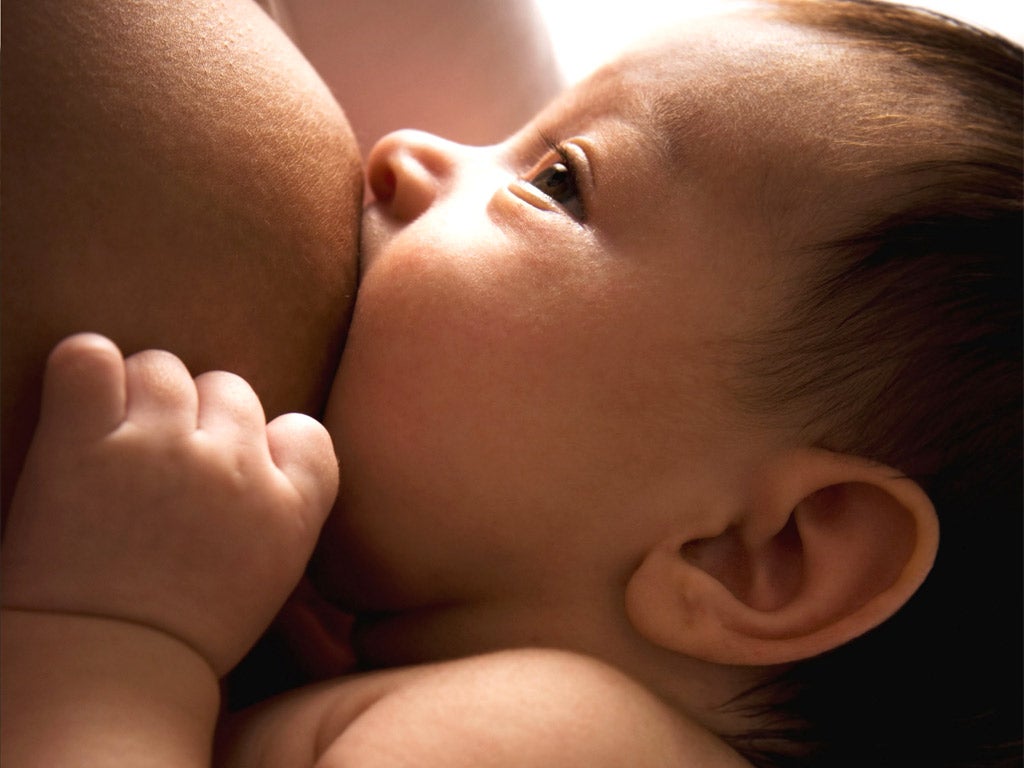How women feed babies isn't just about statistics
One-sided accounts of the benefits of breastfeeding create unnecessary anxiety in mothers. The idea that breastfeeding isn't adequately promoted is an illusion

It's long been a tendency in British policy-making to suggest that mothers' decisions over how they feed their babies are the cause of wider social problems. That, the argument goes, means that intervention is justified to serve a social good - in this case, to save taxpayers' money. More serious factors like class, education and housing provision get pushed out of the picture. And feminists won't be surprised to see in this report another way of blaming women for these inequalities.
No one would argue with the need to support parents as they decide how to feed their babies. But Unicef is confusing support with advocacy: instead of helping mothers make good decisions (for them), it is blaming them for making the wrong ones (for the taxpayer).
And yet the evidence for that blame is not as solid as the report would have us believe. Breastfeeding is unequivocally promoted here as a route to better health. But numerous scholars have recently shown that, in contrast with the certainty which associates formula feeding with health problems, in many areas the evidence is varied and highly inconclusive.
Breastfeeding does protect infants against infections, but the benefits tend to be overplayed in the advocacy literature, which routinely conflates correlation with causation. Most of the time, health problems result from a combination of factors.
Even if it were true that breastfeeding were a panacea for babies, the argument that follows would be troubling. The logic, after all, is that the job of parents in raising their children is to save the NHS money. But that's a formulation that will only worsen an already tricky relationship between those who do and don't breastfeed. The same could be said for the relationship it suggests between parents (tax takers) and everyone else (tax payers).
Not only is this a reductive way of understanding parenting, it also shows how far some academics and policy makers have drifted from representing the women they are supposedly helping. Women make decisions on infant feeding according to a huge range of factors. Work, other children, and access to all sorts of "capital" affect these decisions, and this child-centred approach suggests that those things don't matter. After all, breast-feeding might seem like a "free" intervention - but that's only true if a woman's time is worth nothing.
And so, even if this report manages to represent those who don't breastfeed as "insufficiently supported" - rather than selfish or ignorant, as they've been portrayed in the past - a stigma remains. Sadly, one-sided accounts of the benefits of breastfeeding create unnecessary anxiety in mothers. In the real world, 98 per cent of women don't breastfeed their babies as the report suggests. But the mind-boggling statistics it contains will only leave them feeling that they have put their child's health at risk.
To read the report, you'd think breastfeeding isn't adequately promoted. But we spend about £6m a year on it - £7 a child. How else might that money be spent? Well, we could start by recognising that this is a personal decision, and that how women feed babies is about more than statistics, financial gain or health outcomes. Mothers do need support, but it should be woman-centred, not hectoring.
Dr Charlotte Faircloth is a Leverhulme Trust research fellow in the Centre for Parenting Culture Studies at the University of Kent
Join our commenting forum
Join thought-provoking conversations, follow other Independent readers and see their replies
Comments
Bookmark popover
Removed from bookmarks